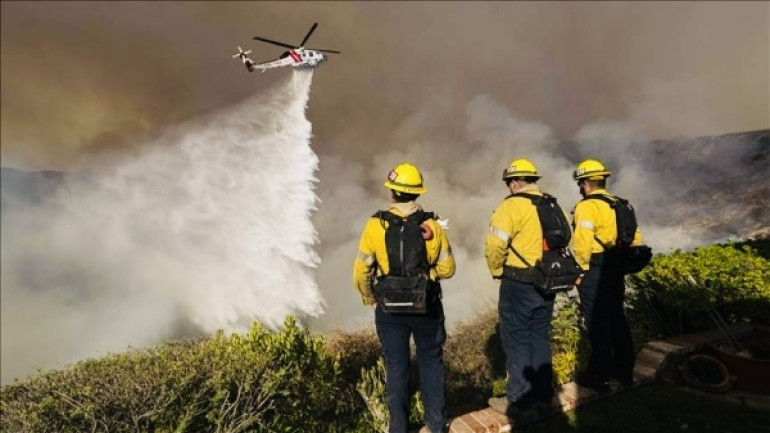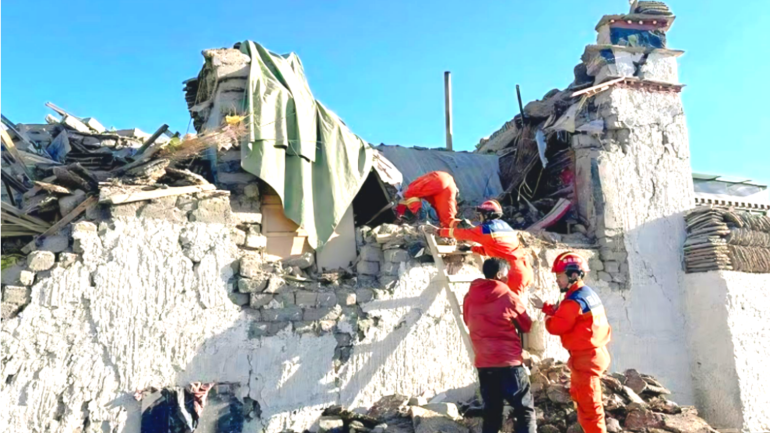One of the most diverse yet isolated areas in the world—the Succulent Karoo of South Africa—is now at the heart of a trade in endangered species of plants. As activity increased, organized crime is now being used to meet the increased demand for the region's unique fauna. Both the ecological system of the local area and the lives of those who live there have been impacted by this unethical practice.
Due to the current crisis, the poor livestock farmers and residents in the Karoo area are the worst affected most. One local farmer, visibly angry, told the BBC, "They've not just stolen our land or our plants; they've stolen our heritage as well." The hunting of these plants has led to this species’ endangerment because it is unlawful to poach plants that play crucial roles in the ecosystem in this area.
It is hard to obtain figures for how many plants are being poached, but the non-governmental organisation Traffic reports that 1.6 million illegally harvested succulents were seized by South Africa's law enforcement agencies between 2019 and 2024. This only represents the contraband that was detected, so the true figure is likely to be far higher.
Almost all the plants that are used in the poaching activities are succulents that are well adapted to the Karoo ecosystem and people considered them special due to their ability to survive in the arid climate of the Karoo. These plants, some of which are native to South Africa, are highly valued worldwide and particularly in Europe and Asia due to rarity.
It has been recognized that the problem is rather urgent, but the fight against the illegal channel remains difficult. It is not a secret that poachers are normally involved in a well-coordinated network, and so it is not easy to arrest them in action. Conservationists are also warning that the long-term effect of these practices is dangerous for the Karoo ecosystem because many of these plants function to stabilize the desert-like soil and retain moisture in that region.
Efforts to tackle the problem include increased patrols and community awareness programs, but progress has been slow. As one conservationist put it, "We’re not just fighting a crime, we’re fighting to save a piece of South Africa’s natural heritage.
The global demand for succulents has surged in recent years, fueled by social media trends and the rising popularity of exotic plants in urban homes. This demand has made South Africa’s unique flora a prime target for exploitation, raising questions about the need for stricter international regulations on the trade of endangered plants.
The people of the Karoo are calling for urgent action to protect their land and their heritage from further destruction. As the farmer’s statement painfully highlighted, this crisis is about more than just plants; it’s about the identity and survival of an entire community and ecosystem.
With no end in sight to the illegal trade, the fate of the Succulent Karoo and its people hangs in the balance, serving as a stark reminder of the consequences of unchecked environmental exploitation.







